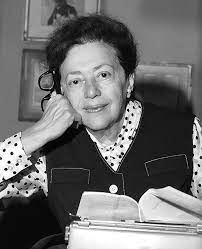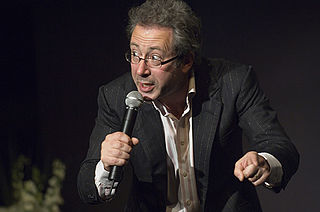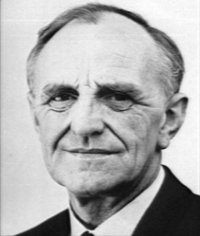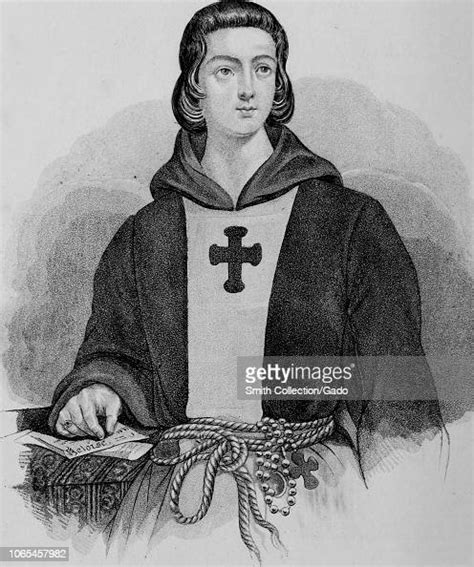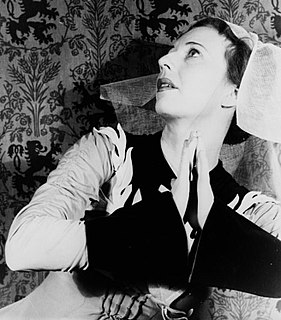A Quote by Paul Eldridge
Jealousy would be far less torturous if we understood that love is a passion entirely unrelated to our merits.
Related Quotes
As far as your ego is concerned and your jealousy is concerned, my whole work here is to help you become so loving that the energy that becomes jealousy is transformed into love. And you know perfectly well that jealousy always follows your love. You are not jealous without love. A man who does not love is not jealous. Jealousy is almost like a shadow of love. If we can grow our love, it takes over the whole energy of jealousy and transforms it into love. It is an alchemical change.
If he were less well trained, and less careful, he would say hate. But he can’t say it; it is too close to passion, and passion is too close to love, and love is amor deliria nervosa, the deadliest of all deadly things: It is the reason for the games of pretend, for the secret selves, for the spasms in the throat.
Beyond love, beyond unrequited love, perhaps even beyond any other passion known to humanity, deep, deep in the depths of the turgid, clinging, swamplike pit of despair that lies dormant within every soul, lurks JEALOUSY. Jealousy, that most demeaning and debilitating of emotions. Jealousy, which can double the strength of the love upon which it is based, but whilst doubling it, warp and pervert it, untill it is no longer recognizable as the thing of beauty it once was. Jealous love is no more like true love than Mr Hyde was like Dr Jekyll or a stagnant swamp is like a freshwater lake.
Guileless and without vanity, we were still in love with ourselves then. We felt comfortable in our skins, enjoyed the news that our senses released to us, admired our dirt, cultivated our scars, and could not comprehend this unworthiness. Jealousy we understood and thought natural--a desire to have what somebody else had; but envy was a strange, new feeling for us.
For what we suppose to be our love or our jealousy is never a single, continuous and indivisible passion. It is composed of an infinity of successive loves, of different jealousies, each of which is ephemeral, although by their uninterrupted multiplicity they give us the impression of continuity, the illusion of unity.
Christian love is the only kind of love in which there is no rivalry, no jealousy. There is jealousy among the lovers of art; there is jealousy among the lovers of song; there is jealousy among the lovers of beauty. The glory of natural love is its monopoly, its power to say, 'It is mine. ' But the glory of Christian love is its refusal of monopoly.
Most poetry is the utterance of a man in some state of passion, love, joy, grief, rage, etc., and no doubt this is as it should be. But no man is perpetually in a passion and those states in which he is amused and amusing, detached and irreverent, if less important, are no less amusing. If there were no poets who, like Byron, express these states, Poetry would lack something.



